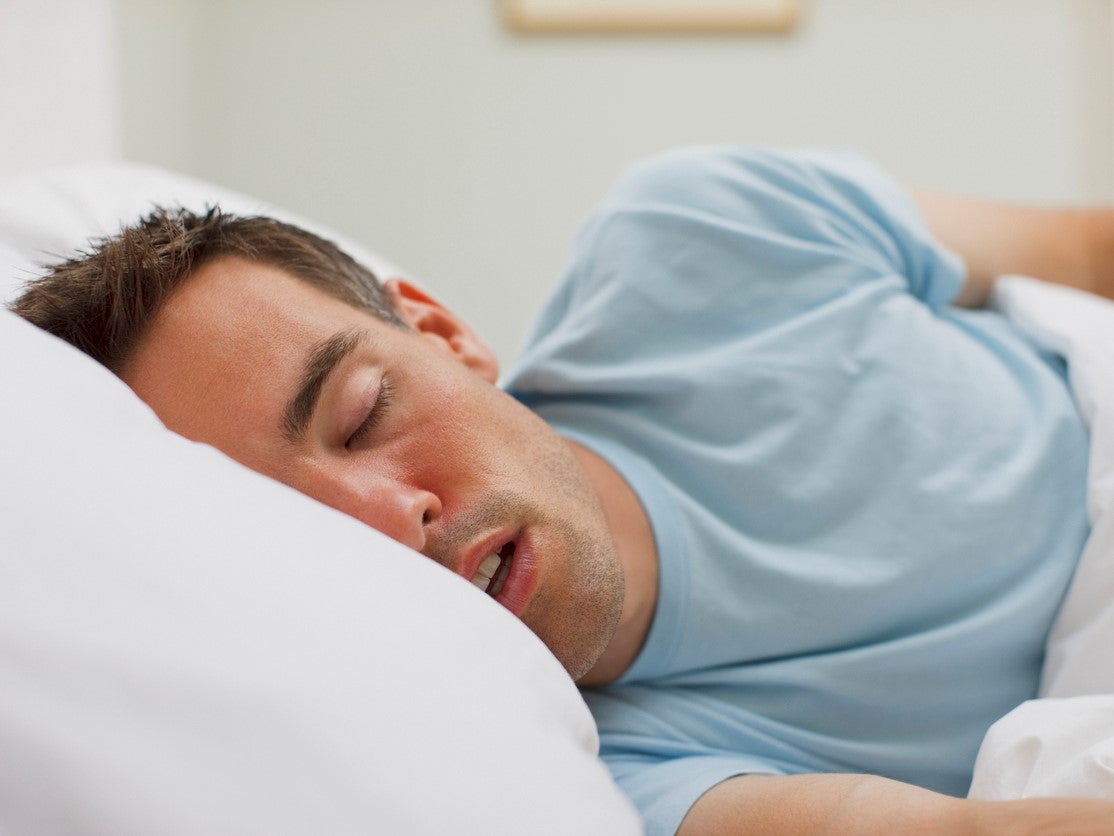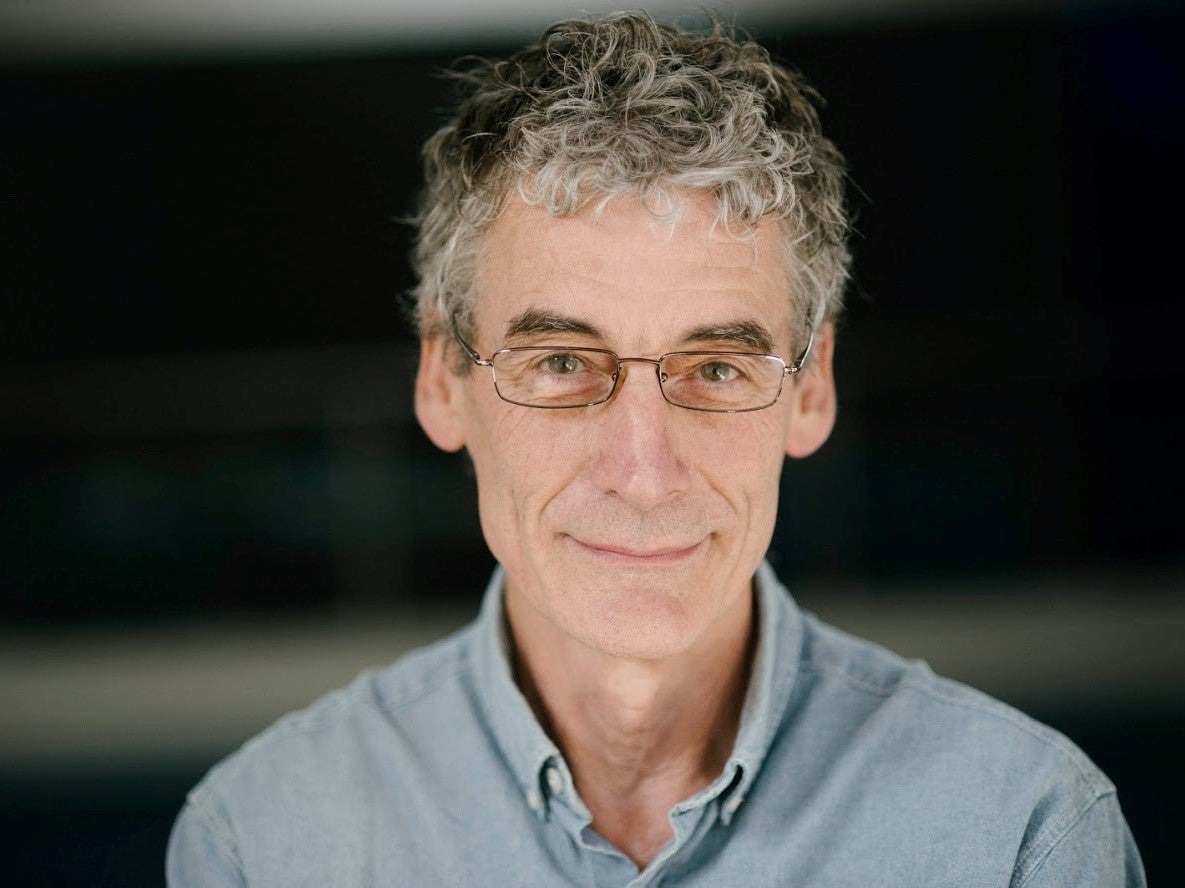Snoozing on the job: My week siesta-ing in the name of research
The National Trust is to allow staff to have a mid-afternoon nap from next summer – so could the rest of us benefit from a daily snooze?

Your support helps us to tell the story
From reproductive rights to climate change to Big Tech, The Independent is on the ground when the story is developing. Whether it's investigating the financials of Elon Musk's pro-Trump PAC or producing our latest documentary, 'The A Word', which shines a light on the American women fighting for reproductive rights, we know how important it is to parse out the facts from the messaging.
At such a critical moment in US history, we need reporters on the ground. Your donation allows us to keep sending journalists to speak to both sides of the story.
The Independent is trusted by Americans across the entire political spectrum. And unlike many other quality news outlets, we choose not to lock Americans out of our reporting and analysis with paywalls. We believe quality journalism should be available to everyone, paid for by those who can afford it.
Your support makes all the difference.It’s a tough job, I think to myself as I climb into bed for an afternoon nap, but someone has to do it.
It’s Monday at 1.30pm and this is my first day in a week investigating, er, siestas.
The National Trust has announced that from next summer it will allow staff working in the southeast to take a south European-style mid-afternoon snooze.
This, bosses say, will allow employees – especially those working outdoors – to escape the ever-higher temperatures brought about by the climate crisis.
But the move has also raised something of a wider debate about if a daytime kip might be good for the rest of us, too, whatever the weather outside. Doesn’t it stand to reason, after all, that a quick circuit-charging 40 winks breaking up the day could help us all become happier, healthier and more productive? In short: could it be that the Spanish have had it right all along?
And, so, in the name of finding out the facts – and absolutely not in the name of trying to sleep on the clock – here I am sloping off to bed after a tuna sandwich. Keep the noise down, everyone.
Certainly, there is some (admittedly ambiguous) evidence to suggest this is good for the body. Our circadian rhythms have essentially evolved to power us down for a couple of hours from about 2pm. That’s the cause of the post-lunch lull with which many of us are so familiar. It’s why social media user numbers take off each day at that time. Because no one can be bothered to work, we’re just pretending to while stewing in our own anatomical weakness. In 2007, a Harvard study in Athens found Greeks who took 30-minute siestas were found to be 37 per cent less likely to die of heart disease than those who never napped.
Except, well, here on the coal face of my research, I struggle to drop off (may be the coffee, I confess) then wake up feeling groggy. While I’m undoubtedly more energised in the evening and end up staying awake later, the downstream effect is that I wake up in the mornings feeling less refreshed.
Which, according to Dr Neil Stanley, is all entirely expected – and may well be one major reason why the National Trust’s experiment could end up failing.
“We know it can take two or three weeks to adjust to the disruption of changing sleep patterns,” says the author of How To Sleep Well and former director of sleep research at the University of Surrey. “So, if you are doing that twice [in a matter of three months], there is real possibility that will do more harm than good.”

There’s another factor at play here, too, according to Professor Kevin Morgan, an expert in sleep at Loughborough University.
We are a monophasic sleep society, he reckons, not because we are all slaves to the wage, driven to keep labouring when our bodies are screaming for kip. Rather, it’s because “this is the preference most of us have”.
Which is to say that, given the chance to have a midday sleep and work until 6pm or not have one and knock off at 4pm, most of us would probably take the latter.
Crucially, there are reams of evidence showing that, while having a nap if you’ve been sleep-deprived the previous evening can have real restorative effects, there are no benefits to a siesta in itself. “It’s not some kind of magical sleep,” says Morgan. “The important thing is you get enough of the stuff in the way that best suits you.”
Which brings me nicely back to my own bed. A week diving under the duvet mid-afternoon has not been the dream I expected. It’s a tough job but I’ll keep doing it on a single sitting of sleep.

Join our commenting forum
Join thought-provoking conversations, follow other Independent readers and see their replies
Comments